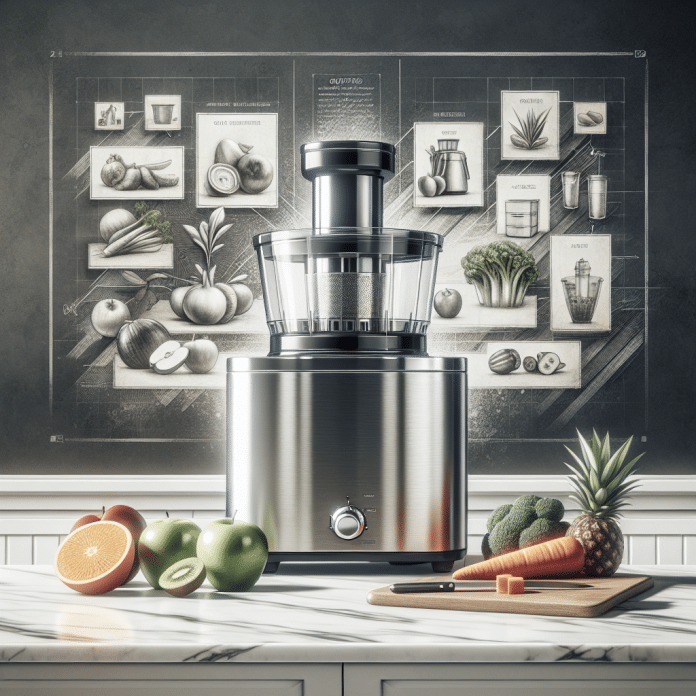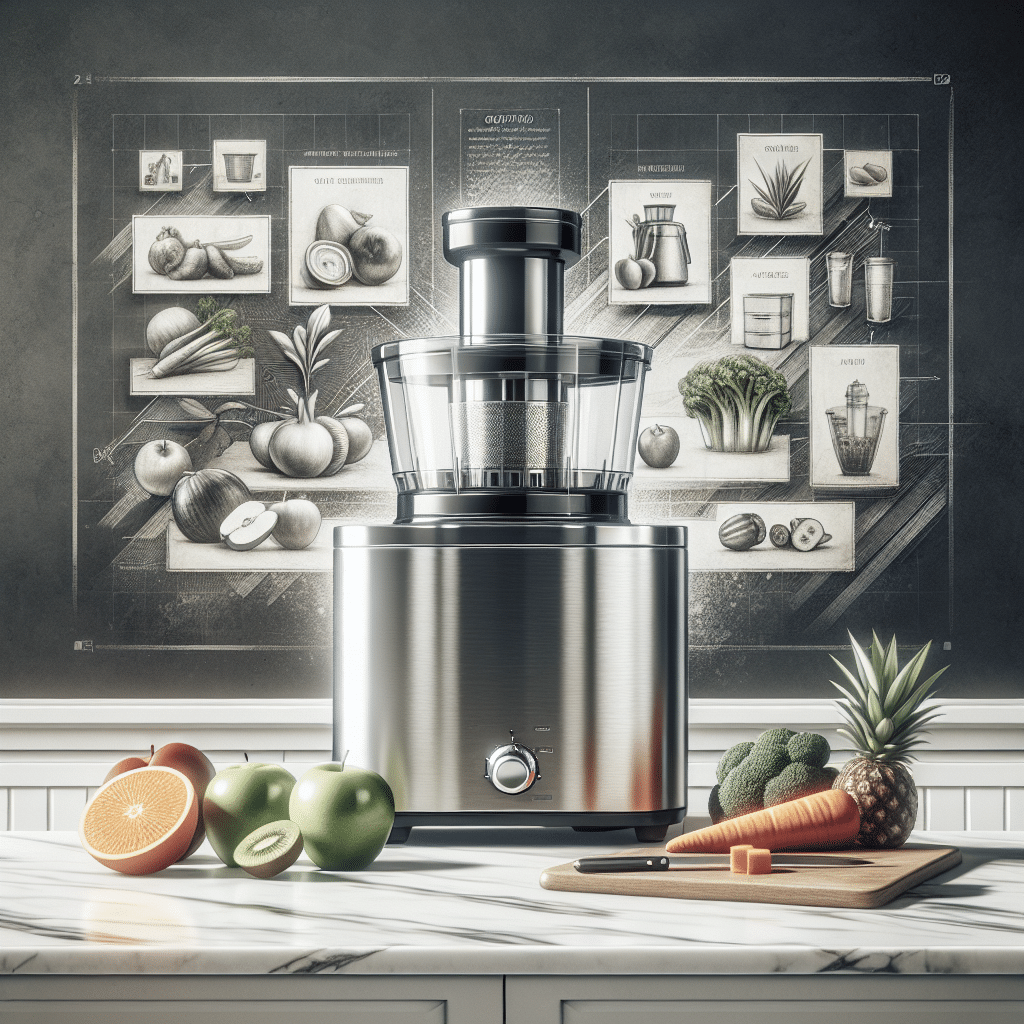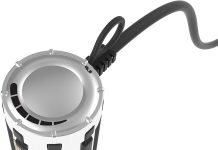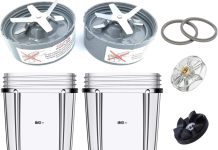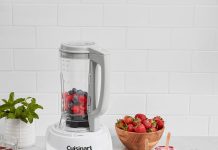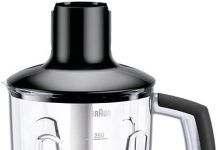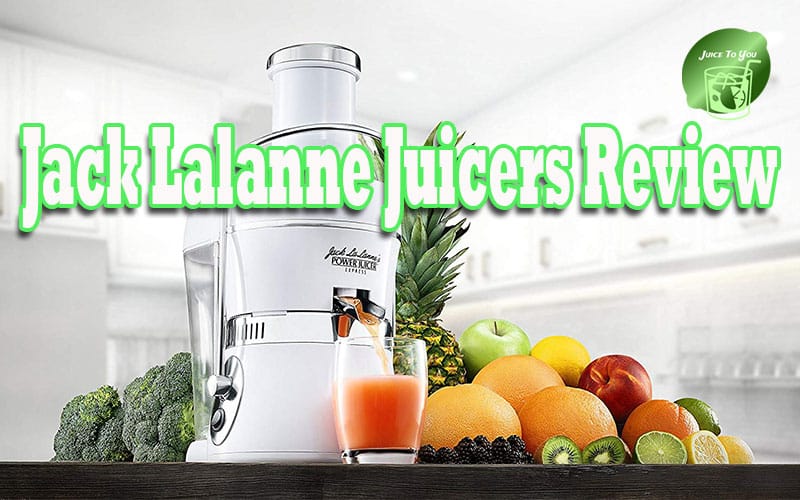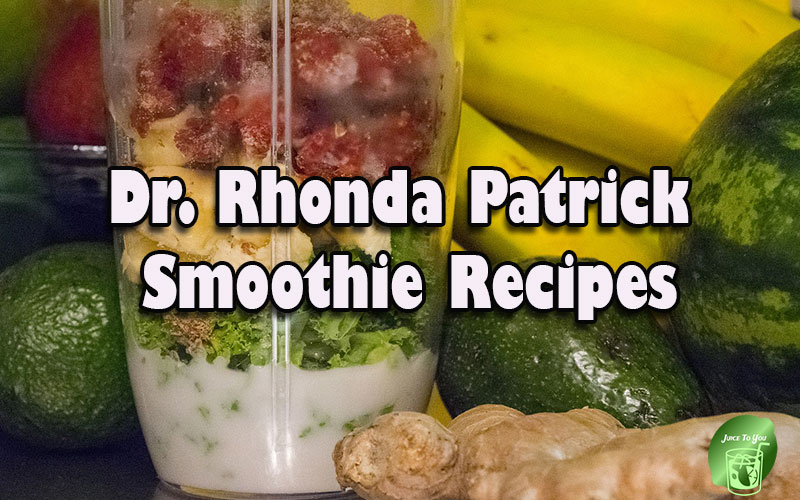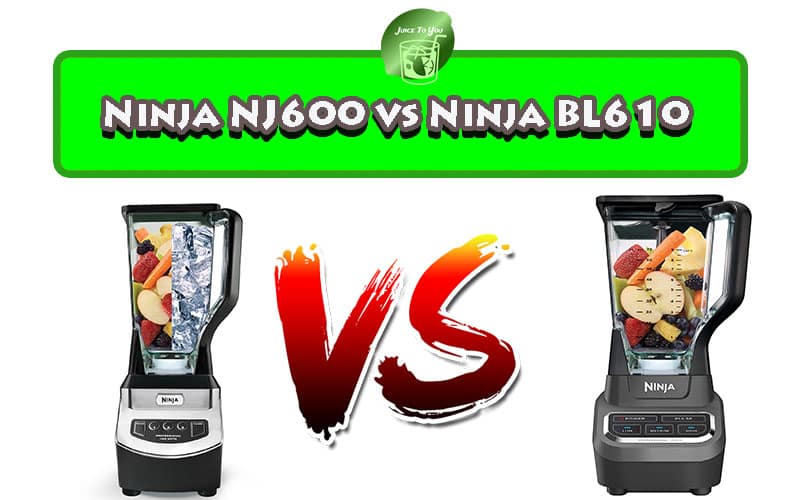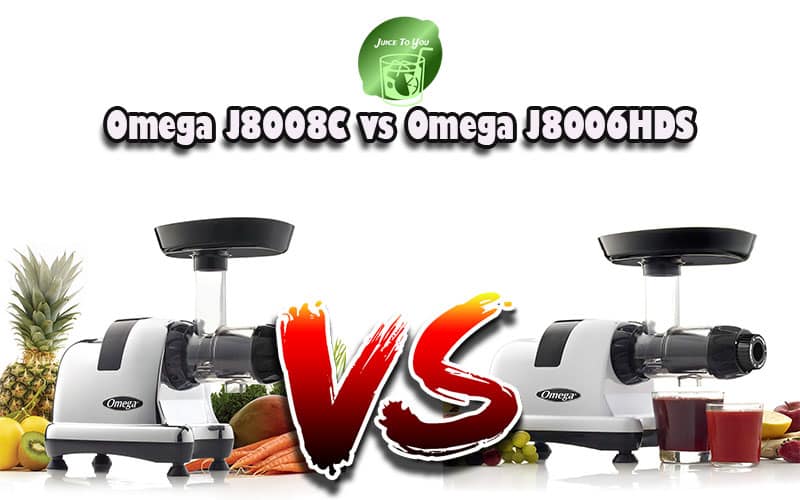Are you tired of having to buy pre-packaged juices from the store that are full of preservatives and artificial flavors? If so, you might be considering investing in a juicer of your own. But before you make that purchase, you may be wondering, are expensive juicers really worth the investment? In this article, we will explore the pros and cons of splurging on a high-quality juicer and help you determine if it’s the right choice for you. So, grab a refreshing glass of juice and let’s find out if it’s time to juice up your life with an expensive juicer!
Review contents
Health Benefits of Juicing
Juicing has become increasingly popular as a way to improve health and well-being. By extracting the liquids from fruits and vegetables, we can increase our intake of these nutrient-rich foods in an easily digestible form. Incorporating freshly pressed juices into your diet offers numerous health benefits.
Increased Intake of Fruits and Vegetables
One of the primary advantages of juicing is the ability to consume a larger quantity of fruits and vegetables than would typically be eaten whole. Most individuals struggle to meet the recommended daily intake of produce, but juicing allows you to conveniently pack in essential vitamins, minerals, and antioxidants from a variety of sources.
Higher Nutrient Content
When fruits and vegetables are juiced, their nutrients are released from the fibrous pulp, resulting in a concentrated liquid packed with essential vitamins, minerals, and enzymes. By drinking fresh juice, your body can more efficiently absorb these nutrients, providing a powerful boost to your overall health.
Better Absorption of Nutrients
Compared to consuming whole fruits and vegetables, juicing enables your body to absorb nutrients more effectively. The process of juicing removes the insoluble fiber found in whole produce, making it easier for your body to break down and absorb the beneficial compounds. This enhanced absorption allows your body to maximize the benefits of the vitamins, minerals, and antioxidants present in fruits and vegetables.
Boosted Immune System
The combination of vitamins and antioxidants found in fresh juice can significantly strengthen your immune system. Drinking juice that is rich in vitamin C, for example, can enhance your body’s ability to fight off infections and reduce the duration of illnesses. By regularly incorporating fresh juice into your diet, you can improve your body’s defense against common ailments.
Improved Digestion
Juicing can have a positive impact on your digestive system, as it provides a concentrated source of digestive enzymes and fibers. These enzymes help break down food more efficiently while the soluble fiber in certain fruits and vegetables can promote smooth digestion and alleviate common digestive issues such as bloating and constipation. Including fresh juice in your daily routine can contribute to a healthier digestive tract and overall improved gut health.
Types of Juicers
In choosing the right juicer for your needs, it’s important to consider the different types available. Each type has its own unique features, advantages, and limitations. Here are some common types of juicers:
Centrifugal Juicers
Centrifugal juicers are among the most popular types of juicers due to their affordability and convenience. They work by using sharp blades to quickly spin and shred fruits and vegetables, separating the juice from the pulp. They are generally best suited for juicing firmer produce and are known for their fast juicing speed. However, they may not be as effective in extracting juice from leafy greens and may produce slightly less nutritious juice due to the high-speed operation that generates some heat.
Masticating Juicers
Masticating juicers, also known as slow juicers or cold press juicers, use an auger to slowly crush and extract juice from produce. Unlike centrifugal juicers, they operate at a lower speed, which minimizes heat and oxidation, resulting in juice that retains more of its nutrients and enzymes. Masticating juicers are versatile and can handle a wide variety of fruits and vegetables, including leafy greens. While they tend to be more expensive, their efficiency and nutrient retention make them a popular choice among health-conscious individuals.
Twin Gear (Triturating) Juicers
Twin gear juicers are the top tier of juicing machines, utilizing two interlocking gears that crush and grind produce to extract juice. These juicers operate at an even slower speed than masticating juicers, producing highly nutritious juice with minimal heat and oxidation. Twin gear juicers are especially effective at juicing leafy greens, wheatgrass, and other fibrous vegetables. However, they can be more expensive and require a longer cleaning time.
Citrus Juicers
As the name suggests, citrus juicers are specifically designed for juicing citrus fruits such as oranges, lemons, and grapefruits. They typically feature a simple design with a cone-shaped reamer or a press mechanism to extract the juice. Citrus juicers are affordable, compact, and easy to use, making them a convenient option for those primarily interested in juicing citrus fruits.
Hydraulic Press Juicers
Hydraulic press juicers, also known as cold press or Norwalk juicers, are a high-end option that uses hydraulic pressure to extract juice from produce. These machines employ two steps: grinding the produce into a pulp and then pressing the pulp to extract the juice. Hydraulic press juicers are known for their exceptional juice quality, high nutrient retention, and minimal oxidation. However, they tend to be quite expensive and require more time and effort to operate.
Cost vs. Quality
When considering which juicer to invest in, it’s important to assess the cost versus the expected quality and performance. Here are some factors to consider:
Comparing the Price Range
Juicers come in a wide range of prices, from budget-friendly options to high-end machines. It is essential to determine a suitable budget for your needs and prioritize your requirements. While cost can be an important factor, it is equally important to consider the overall value and performance that a juicer offers.
Durability and Longevity
A key consideration when investing in a juicer is its durability and longevity. Some juicers are made with more durable materials and components, allowing them to withstand heavy use and last for many years. Look for juicers that offer solid construction and reputable brands that are known for producing reliable and durable appliances.
Warranty and Customer Support
The warranty provided by the manufacturer is another crucial aspect to consider. A longer warranty period indicates that the manufacturer has confidence in the quality and durability of their juicer. Additionally, good customer support is essential in case any issues or questions arise during usage. Ensure that the manufacturer offers reliable customer service to address any concerns that may arise.
Quality of Juicing
Investing in a juicer is ultimately about the quality of the juice it produces. Consider the juicer’s ability to extract juice efficiently, its ability to handle a wide range of produce, and the overall flavor and consistency of the juice it produces. Read reviews and compare the performance of different juicers to make an informed decision.
Efficiency and Ease of Use
Look for a juicer that is efficient and easy to use. Consider factors such as the size of the juicer’s feeding chute, as larger chutes can save time by reducing the need to pre-cut produce. Dishwasher-safe parts and easy cleaning mechanisms can also contribute to the overall convenience of using a juicer.
Nutrient Retention
While the health benefits of juicing are evident, it is important to understand how different juicing methods impact nutrient retention:
Effects of Heat on Nutrients
Excessive heat can degrade the nutritional value of juice. Centrifugal juicers, due to their high-speed operation, generate some heat during the juicing process, which can lead to a slight loss of nutrients. Masticating and twin gear juicers, on the other hand, operate at lower speeds, minimizing heat and preserving the integrity of the nutrients.
Slow Juicing vs. High-Speed Juicing
Slow juicers, such as masticating and twin gear juicers, are known for their ability to retain more nutrients compared to high-speed juicers. The slow and gentle extraction process minimizes oxidation and heat, allowing the juice to maintain its nutritional value for longer periods. However, high-speed juicers can still offer significant health benefits, especially when compared to not consuming fruits and vegetables at all.
Oxidation and Nutrient Degradation
Exposure of the juice to oxygen leads to oxidation, which can cause the breakdown of certain nutrients over time. While slow juicers are effective at reducing oxidation, it is important to consume freshly pressed juice as soon as possible to maximize nutrient retention. Consider juicers that provide good juice storage options, such as airtight containers or vacuum sealing, to preserve juice quality and nutrient content.
Juice Yield and Waste
When juicing, the efficiency in extracting juice and minimizing waste is a significant consideration:
Efficiency in Extracting Juice
Different juicers have varying degrees of efficiency in extracting juice from produce. Centrifugal juicers, with their high-speed operation, tend to extract juice quickly but may leave a slightly wetter pulp, indicating some wasted juice. Masticating and twin gear juicers extract juice more thoroughly, resulting in a higher juice yield and drier pulp. Consider the type of produce you plan to juice and how critical juice yield is to your overall juicing experience.
Less Waste
Minimizing waste is not only economical but also environmentally friendly. Some juicers, particularly masticating and twin gear juicers, produce less waste due to their efficient juice extraction process. Ensure that the chosen juicer offers a good balance between high juice yield and minimal waste production.
Pulp Consistency and Dryness
Examining the pulp consistency and dryness can provide insights into the juicer’s efficiency in extracting juice. A drier pulp typically indicates a higher juice yield, while a wetter pulp may indicate that the juicer is leaving some liquid behind. Understanding your preference for pulp consistency can help guide your choice of juicer.
Time and Convenience
For many individuals, the time and convenience of juicing are important factors to consider:
Quick and Easy Juicing
Centrifugal juicers are renowned for their speed and ease of use. They can quickly process fruits and vegetables, making them an excellent choice for those with limited time. If juicing efficiency is crucial to your lifestyle, a centrifugal juicer can be a convenient option.
Preparation and Cleanup
Juicing can involve a fair amount of preparation and cleanup time. Consider how much effort and time you are willing to devote to these tasks. Centrifugal juicers typically require less prep work, as they have wider feeding chutes that can accommodate larger pieces of produce. Masticating and twin gear juicers may require more preparation, as they usually require produce to be cut into smaller pieces. Additionally, some juicers have dishwasher-safe parts, which can simplify the cleaning process.
Noise Levels
The noise produced by juicers can vary greatly depending on the type and model. Centrifugal juicers tend to be louder due to their high-speed operation, while slow juicers such as masticating and twin gear juicers operate more quietly. Consider where and when you plan to use the juicer, and whether noise levels will be a concern for you or those around you.
Versatility of Use
The versatility of a juicer can greatly impact its usefulness in your daily routine:
Ability to Juice a Variety of Produce
Consider the types of produce you plan to juice. Centrifugal juicers are generally effective at juicing firmer fruits and vegetables, while masticating and twin gear juicers can handle a broader range of produce, including leafy greens and wheatgrass. If you want the flexibility to juice various types of fruits and vegetables, opt for a juicer that can accommodate your preferences.
Processing Leafy Greens
If leafy greens are a significant part of your juicing routine, prioritize a juicer specifically designed to handle them. Masticating and twin gear juicers excel in juicing leafy greens, extracting a higher yield of juice and preserving more nutrients from these nutrient-dense greens.
Making Nut Milk and Sorbets
Some juicers offer additional functionality, allowing you to create nut milk and sorbets alongside fresh juice. These functions can greatly enhance the versatility of a juicer, providing options for those with specific dietary preferences or culinary creativity.
Using for Food Processing Tasks
Certain juicers can be used for food processing tasks beyond juicing. Some models include attachments for tasks like making nut butter, grinding coffee beans, or mincing herbs. If you are looking for a multi-purpose appliance, consider juicers that offer these additional capabilities.
Personal Preferences
When choosing a juicer, personal preferences can significantly influence your decision:
Taste and Texture of Juice
Different juicers may produce juice with varying tastes and textures. Centrifugal juicers tend to produce juice with a slightly frothier texture due to the high-speed operation, while masticating and twin gear juicers often produce smooth and pulp-free juice. Consider the desired texture and whether any foam or pulp in the juice is preferable to you.
Foam Levels in the Juice
The amount of foam produced can also vary between juicers. Some individuals may find foam unappealing, while others may not mind it. Again, personal preference plays a significant role in determining whether foam levels are a factor to consider when selecting a juicer.
Consistency of Juice
Consistency refers to the uniformity of the juice produced. While most juicers aim to extract juice with a consistent texture, certain juicers may produce juice that requires additional straining to achieve the desired smoothness. Take into account whether pulp consistency is a significant factor for you when choosing a juicer.
Ease of Assembly and Disassembly
Consider how easily you can assemble and disassemble the juicer. Some juicers have more complex mechanisms that may require more time and effort to set up and clean. If convenience and ease of use are important to you, look for juicers that are simple to assemble and disassemble.
Expert Opinions
To make an informed decision about juicers, consider consulting reputable sources, nutritionists, and juicing experts:
Reviews from Reputable Sources
Reading reviews from experts and trusted sources can provide valuable insights into the performance, durability, and overall quality of different juicers. Look for reviews that consider various factors such as juice quality, efficiency, ease of use, and durability.
Nutritionists’ and Dietitians’ Perspectives
Seeking the advice of nutritionists and dietitians can provide valuable perspectives on the benefits of juicing and which types of juicers may be most suitable for achieving specific health goals. These professionals can help you understand the optimal ways to incorporate fresh juice into your diet.
Juicing Experts’ Advice
Juicing experts, such as authors of juicing books or bloggers specializing in juicing, can offer practical tips, recipes, and insights into the juicing process. Their guidance can help you make the most of your juicing experience and get the most out of your chosen juicer.
Conclusion
When deciding whether to invest in an expensive juicer, it is essential to consider your individual circumstances and evaluate the long-term benefits. The health benefits of juicing, such as increased fruit and vegetable intake, higher nutrient content, and improved digestion, make juicing a compelling option for many. By considering factors such as cost versus quality, nutrient retention, juice yield and waste, time and convenience, versatility of use, personal preferences, and expert opinions, you can make an informed decision and choose a juicer that best suits your needs. Remember, the investment in a high-quality juicer can have a positive impact on your overall health journey, ensuring that you can enjoy the benefits of fresh, nutritious juice for years to come.

